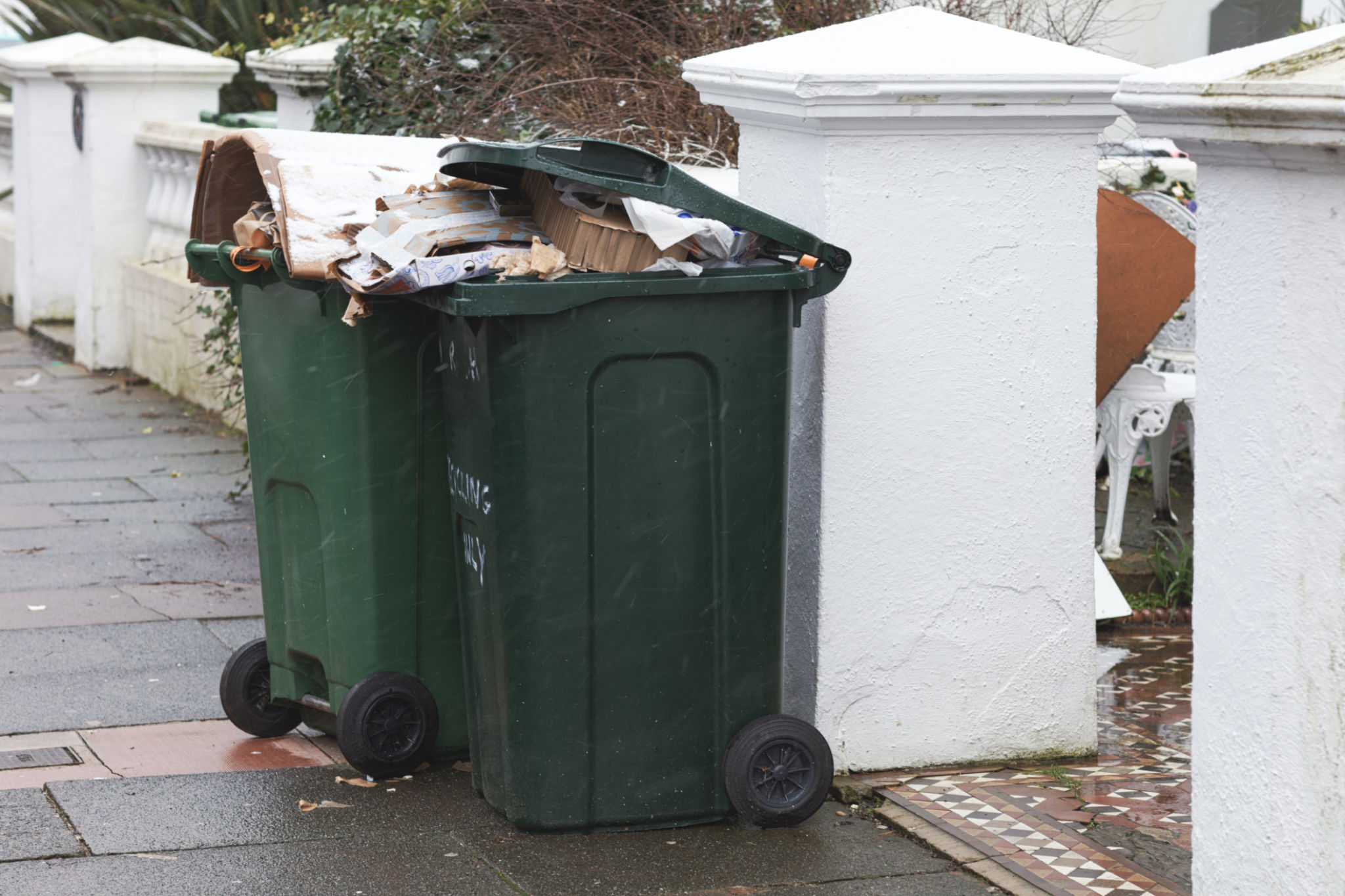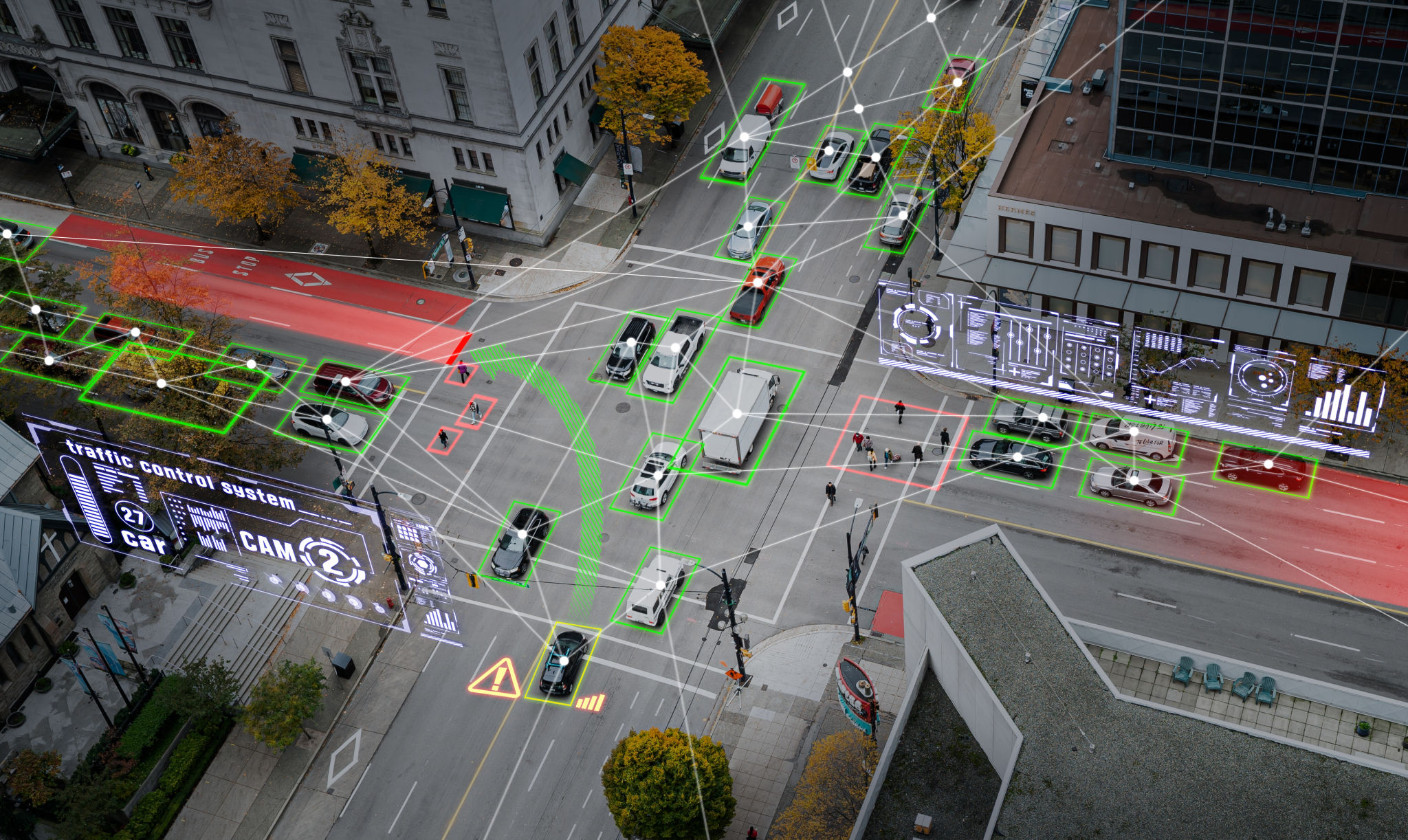The Ultimate Guide to Waste Management in London: Best Practices and Solutions
Introduction to Waste Management in London
Managing waste effectively is a crucial aspect of maintaining a sustainable and healthy environment, especially in bustling metropolises like London. With its growing population and diverse industries, London faces unique challenges in waste management. This guide explores the best practices and solutions for efficient waste management in the city.

The Current Waste Management Landscape
London generates a significant amount of waste daily, presenting both logistical and environmental challenges. The city's authorities have implemented several measures to tackle these issues, focusing on reducing landfill use and increasing recycling rates. However, understanding the current landscape requires a closer look at the different types of waste generated and the existing infrastructure for managing them.
The types of waste can generally be categorized into household waste, commercial waste, and industrial waste. Each category demands specific handling and disposal methods to minimize environmental impact and adhere to regulations.
Best Practices in Waste Management
Reduce, Reuse, Recycle
The mantra of reduce, reuse, recycle remains at the heart of effective waste management practices. By minimizing waste generation at the source, reusing materials whenever possible, and recycling waste efficiently, London can significantly decrease its environmental footprint.

Composting for Organic Waste
Organic waste, including food scraps and garden waste, constitutes a large portion of London's waste stream. Composting these materials reduces the burden on landfills and creates nutrient-rich soil. Community composting programs and individual efforts can make a substantial difference.
Innovative Waste Management Solutions
Smart Waste Management Technologies
Adopting smart technologies can revolutionize how waste is managed in London. Sensors in bins can monitor fill levels, optimizing collection routes and schedules to improve efficiency and reduce carbon emissions from collection vehicles.

Waste-to-Energy Initiatives
Turning waste into energy is an innovative solution that addresses both waste reduction and energy production. Advanced facilities in London convert non-recyclable waste into electricity and heat, providing a sustainable energy source while reducing landfill dependency.
Community Involvement and Education
Engaging the community is essential for successful waste management. Educational programs that raise awareness about proper waste sorting and disposal can empower residents to make informed decisions. Active participation from citizens can lead to a cleaner, greener London.

Partnerships with Local Businesses
Local businesses play a pivotal role in the city's waste management strategy. By collaborating with organizations focused on sustainability, businesses can adopt practices that reduce their environmental impact. Initiatives such as zero-waste certifications can encourage companies to set higher standards.
Conclusion: Towards a Sustainable Future
The path to effective waste management in London lies in a combination of best practices, innovative solutions, and community involvement. By embracing these strategies, London can lead the way in sustainable urban living, setting an example for cities worldwide. Together, we can ensure a cleaner future for generations to come.